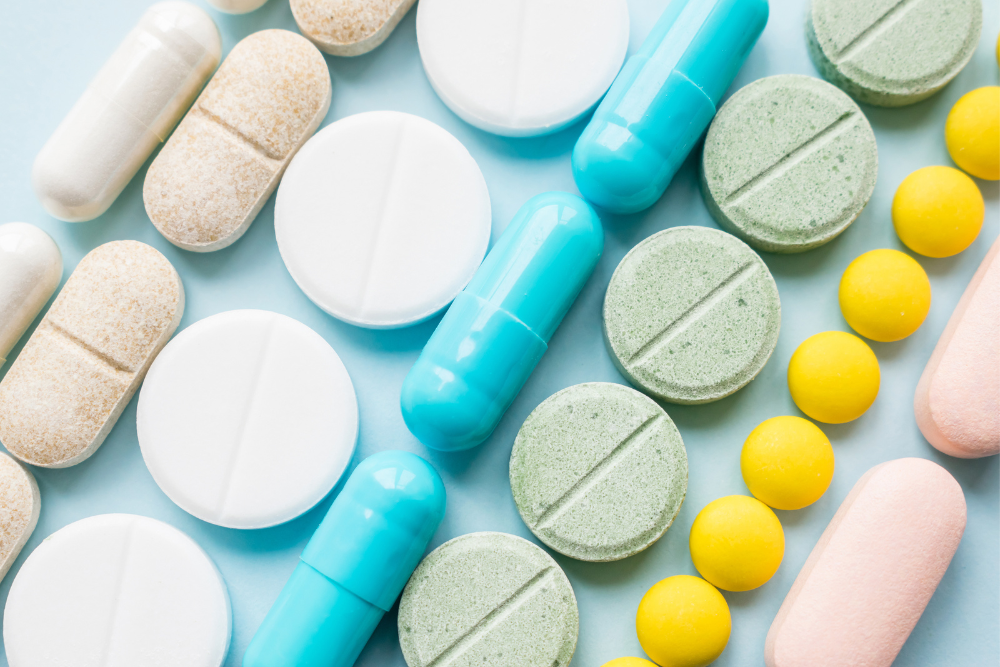
New Jersey Opioid Epidemic
Legacy Healing Center Blog
New Jersey Opioid Epidemic
As overdose deaths continue to rise in numbers, various state legislators are doing what they can to address it. The state of New Jersey is sadly no exception. With the rise in damage caused by substances like fentanyl, heroin, and similar opioids, the risk of participating in illicit drug use is higher than ever. Not only are people at risk of bodily damage from their drug of choice, but instances of supplies being laced with lethal doses of fentanyl have turned entire cities on their heads. Legacy Healing Center Cherry Hill is covering the New Jersey opioid epidemic and what you can do to ensure you don’t fall victim to it.
New Jersey Opioid Statistics
Data collected by the New Jersey government points to fentanyl as the substance responsible for the most overdoses seen in the state. It is followed in 2nd place by the stimulant cocaine, and heroin, another opioid, in 3rd.1 The spike in fentanyl-related deaths is especially troubling when one considers the prevalence of lacing separate substances with fentanyl. This means that someone does not even need to have the intention of abusing an opioid in order to be at risk of overdosing on one.
Before fentanyl use arose, heroin and other opioids remained a destructive force in the lives of countless New Jersey residents. Between 2010 and 2015, there were 184,038 patients admitted to some kind of NJ substance abuse treatment program for opioid addiction. Additionally, an astounding 52,721 drug arrests occurred in the state in 2014.2 These numbers highlight the fact that the New Jersey opioid epidemic has not slowed. Instead, it continues to evolve as dealers seek out more concrete ways to ensure the addictions of their customers and increase their own profits.
Opioid Epidemic Response in NJ
Officials have sought to enact policies that combat the rising damage caused by addiction and drug abuse. For an opioid policy to be effective, it must consider not just forcing people off of substances they have grown reliant on but meeting them where they are in their addiction in order to mitigate further damage. Some of the initiatives include:
- The Good Samaritan Law: This law provides legal protection to those that seek our professional help when they bear witness to an overdose. If someone is at risk for violating their parole or probation violations, this law ensures that they will not be penalized if they make an effort to save the life of another in a timely manner.
- Syringe Access Programs: These programs or Harm Reduction Centers (HRCs) are typically community-based initiatives that work to provide access to sterile syringes for people that inject drugs. Ideally, there would be no drug use, and providing needles means the risk of overdose remains present. However, these programs have been proven to prevent the spread of HIV and other risky behaviors.
- Coverage of Methadone: At Opioid Treatment Programs (OTPs), New Jersey Medicaid provides coverage for Methadone, which is helpful in treating symptoms of opioid use disorder. This drug has been proven to minimize the probability of overdose deaths and can also be effective in lowering rates of infectious diseases.3
For those looking to take steps forward in breaking their opioid addiction, Legacy’s Cherry Hill detox offers substance-specific treatment that will address any troubling withdrawal symptoms that arise after ceasing use. Our drug rehab in New Jersey is equipped with an opioid addiction treatment program that can aid patients in overcoming their dependency and getting back to living the life they deserve.
To learn more about the levels of care available at our Cherry Hill rehab, call Legacy today at 856-263-4965.
Sources
- NJ Office of the Chief State Medical Examiner – Statistics Dashboard
- NJ.com – Herointown, N.J.: The state’s heroin crisis in 9 startling statistics
- Official Site of the State of New Jersey – Medication Assisted Treatment
Related Reading